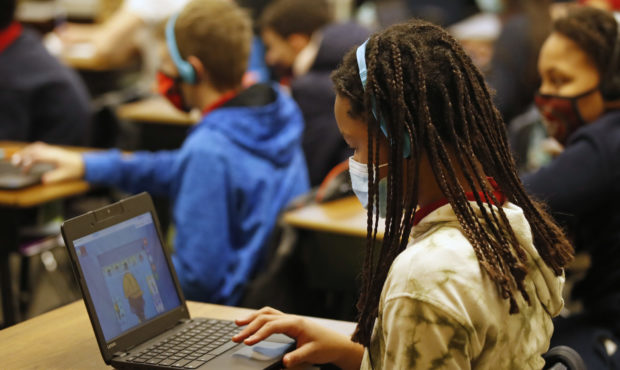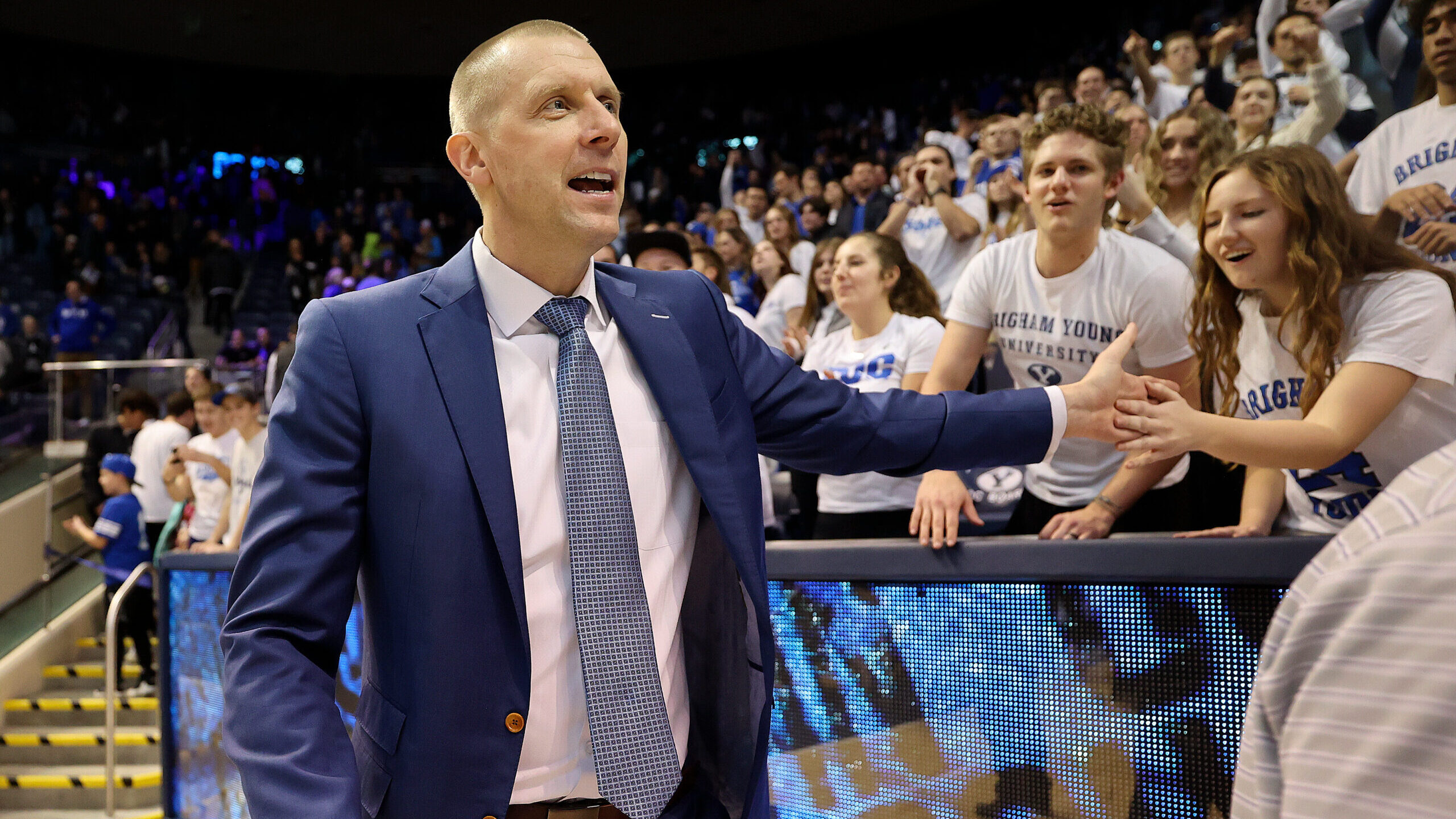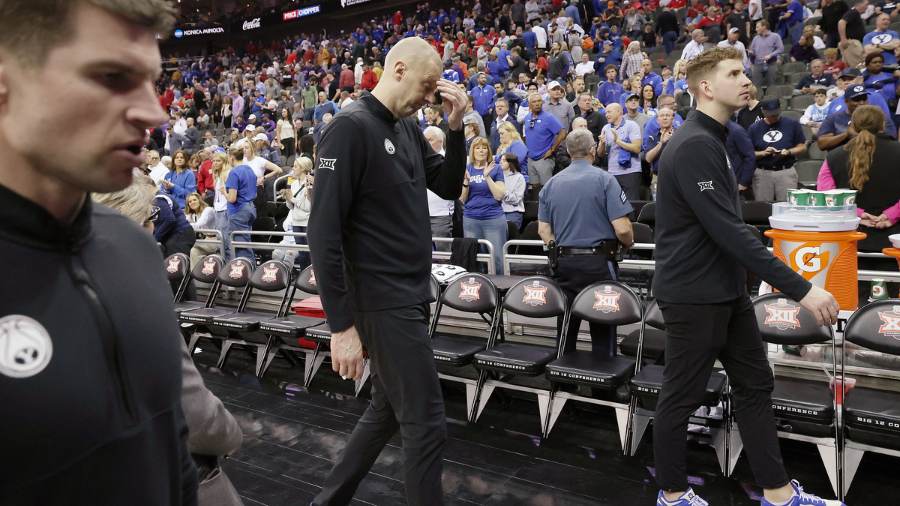Praising students works better than scolding, study finds
Aug 23, 2021, 3:46 PM | Updated: 6:59 pm

PROVO, UT - FEBRUARY 10: A student works on a computer at Freedom Preparatory Academy on February 10, 2021 in Provo, Utah. (Photo by George Frey/Getty Images)
(Photo by George Frey/Getty Images)
PROVO, Utah — In the classroom, the carrot works better than the stick. Praising above reprimanding improves students’ grades and behaviors, Brigham Young University researchers found.
When middle school teachers praised students at least as often as they reprimanded them, class-wide on-task behavior improved by 60% to 70%, according to a BYU study.
Praising students in the middle school classroom
Researchers observed 28 classrooms across five middle schools. They noted that teachers gravitated toward criticizing statements four to nine times as often as they used statements giving praise.
“That ratio is kind of out of whack,” said Paul Caldarella, professor at the BYU David O. McKay School of Education.
He said the study was a follow-up study from a few years ago with elementary school students.
“[We] found more powerful results in middle school, where students actually responded more powerfully to praise than they did in the elementary studies.”
But Caldarella pointed out that middle schools present a much different learning environment than elementary schools.
Students in middle school are transitioning from one teacher and one peer group to multiple teachers and multiple peer groups; academic rigor increases and peer relationships become more important.
Reminder: Make time to praise
In the study, half of the teachers received timers that would buzz or vibrate every few minutes; the timers reminded them to scan the classroom and praise students who were behaving well.
“And that seemed to help them quite a bit to increase their praise rate,” Caldarella said.
Also, praising instead of admonishing helped improve grades for students at risk for emotional or behavioral disorders. At the same time, those students’ disruptive behavior decreased, he said.
Caldarella also pointed out that everyone involved in schooling is coming back from nearly 16 months of pandemic learning, and a positive classroom is especially welcoming now for “fragile” kids and teachers.
“And it’ll help the whole school environment if we can just be more positive in schools right now with more praise and less reprimanding.”
Praise is cheap
Much time and effort is place on managing problem behavior in schools, he said, but praise is a simple strategy that’s easy to implement.
“It just requires us to be aware of it and remind ourselves to use it more with students in schools. Teachers would see and school administrators would see if they use praise more, they’ll see a really good bang for their buck,” Caldarella said.













